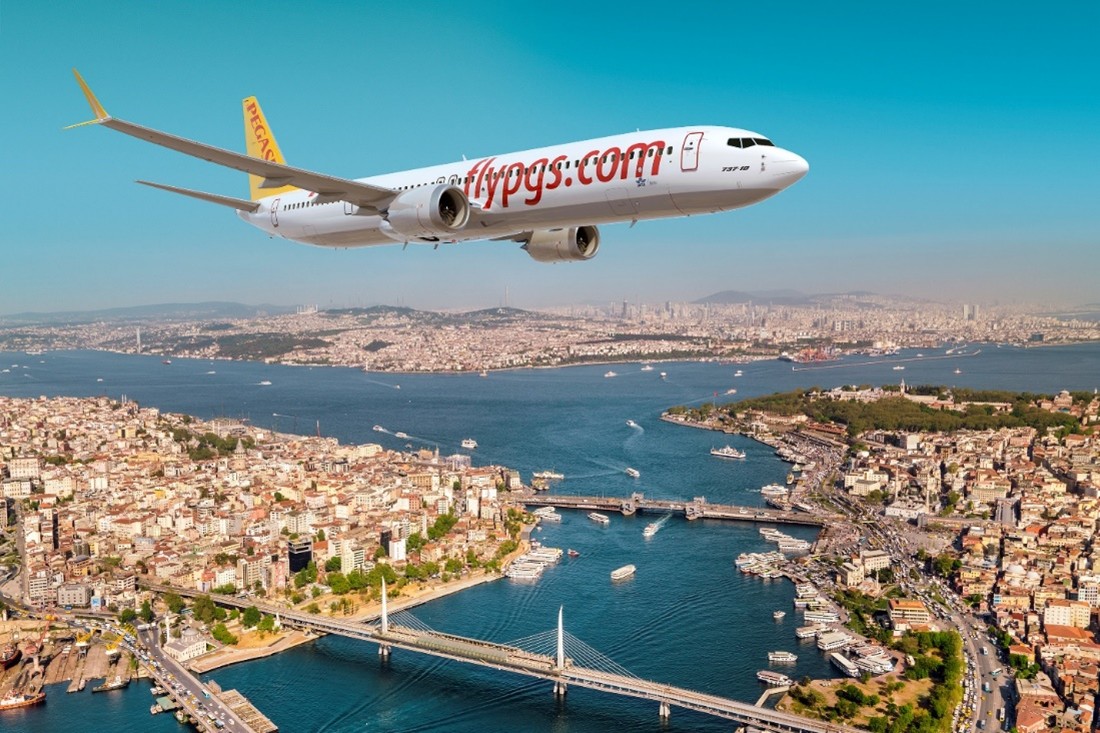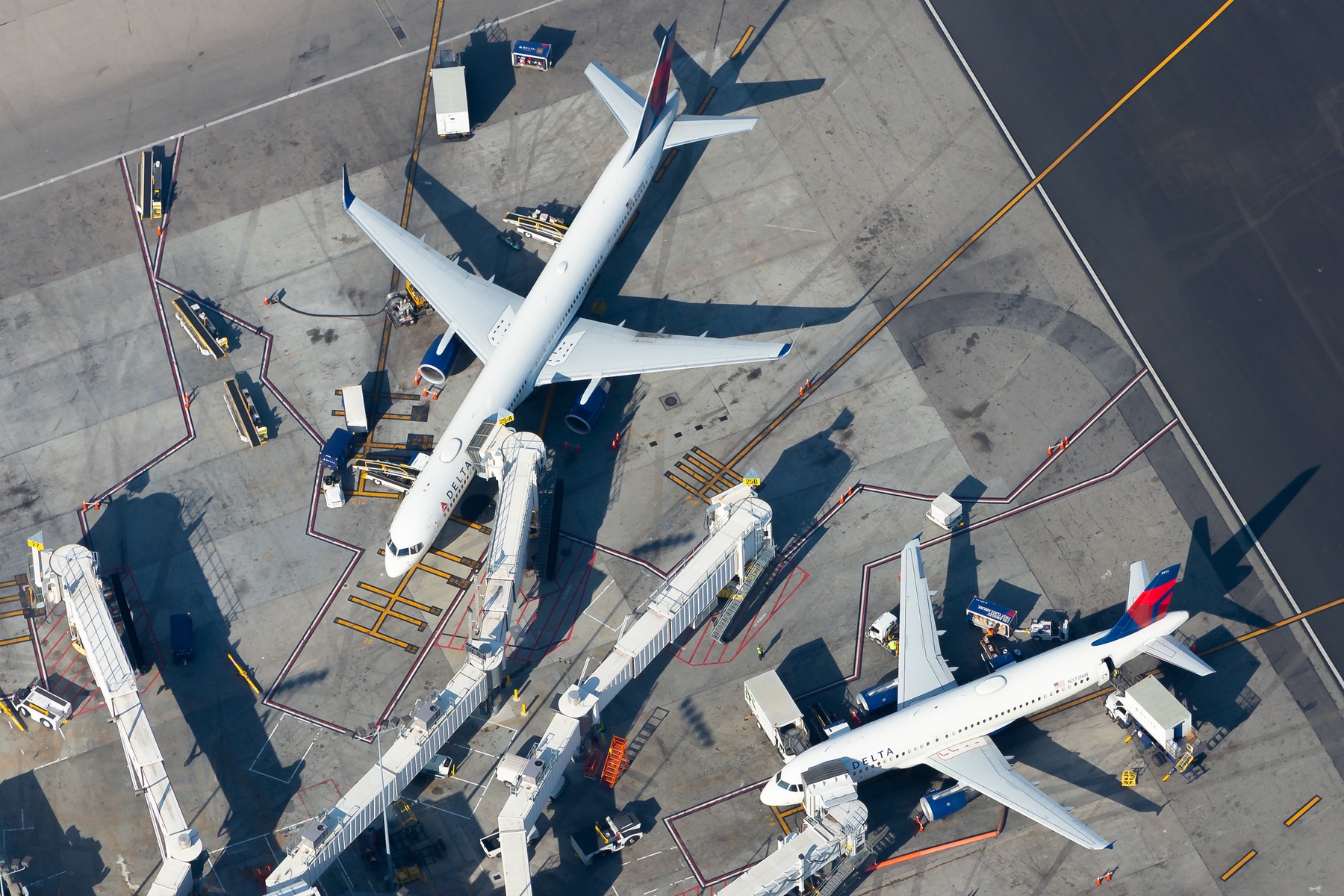Boeing Beats Airbus to Win Huge Plane Order

Skift Take
Boeing is ending a turbulent 2024 on a high note. On Thursday, the planemaker announced a major new deal for up to 200 aircraft.
Turkish low-cost airline Pegasus is overhauling its fleet with a firm order for 100 Boeing 737 Max 10 jets. The contract also allows the carrier to buy up to 100 more at a later date.
Pegasus said the decision followed “extensive evaluations regarding aircraft requirements for 2028 and the following decade.” It’s the largest plane deal in the airline’s 34-year history.
Even without the 100 options, the core order has a list price of approximately $18 billion. However, given the size of the contract, it is highly likely that Pegasus received a discount on the regular price.
A Holiday Boost for Boeing
The agreement will delight Boeing after a year marred by safety scares, labor unrest, and boardroom drama.
On January 5, a door plug fell off an Alaska Airlines plane just minutes after takeoff, leading to a rapid decompression of the aircraft. While there were no casualties, the incident prompted the Federal Aviation Administration to ground variants of the 737 Max 9 for nearly a month.
From September through November, members of the International Association of Machinists and Aerospace Workers (IAM) held a hugely damaging strike. The 53-day walkout crippled production of Boeing’s best-selling 737 Max planes. It was only last week that affected factories returned to normal operations.
Apart from its size, Thursday’s Pegasus deal is notable for another reason. The Turkish carrier currently has just nine Boeing planes in a fleet of almost 120. All of the others are A320 and A321 jets made by European rival Airbus. Pegasus management will have calculated that the significant retraining, technical, and logistical complexities of switching manufacturers are outweighed by the benefits.
Could Pegasus Take 200 New Planes?
The first of Pegasus’ 100 737 Max 10s is due for delivery in 2028. In a statement, Güliz Öztürk, the low-cost carrier’s CEO, said the company “will evaluate converting the remaining 100 aircraft options into firm orders in the coming years, based on market conditions and the needs of our fleet.”
The airline has opted for the -10 variant, which is the largest of four Max models offered by Boeing. While Pegasus has not disclosed its precise seating configuration, the aircraft can carry up to 230 passengers.
The Turkish contract caps off a lively year for aircraft orders. Other highlights include major deals from Saudia, Cathay Pacific, IndiGo, Riyadh Air, El Al, EVA Air, and Air India for Airbus and Boeing jets. The Comac C919 – China’s new domestically built plane – also received big orders from local carriers.
The developments come at a busy time for Türkiye’s travel sector. The government in Ankara has set an ambitious target to bring 100 million annual visitors to the country, generating more than $100 billion in tourism revenue.
Airlines Sector Stock Index Performance Year-to-Date
What am I looking at? The performance of airline sector stocks within the ST200. The index includes companies publicly traded across global markets including network carriers, low-cost carriers, and other related companies.
The Skift Travel 200 (ST200) combines the financial performance of nearly 200 travel companies worth more than a trillion dollars into a single number. See more airlines sector financial performance.





